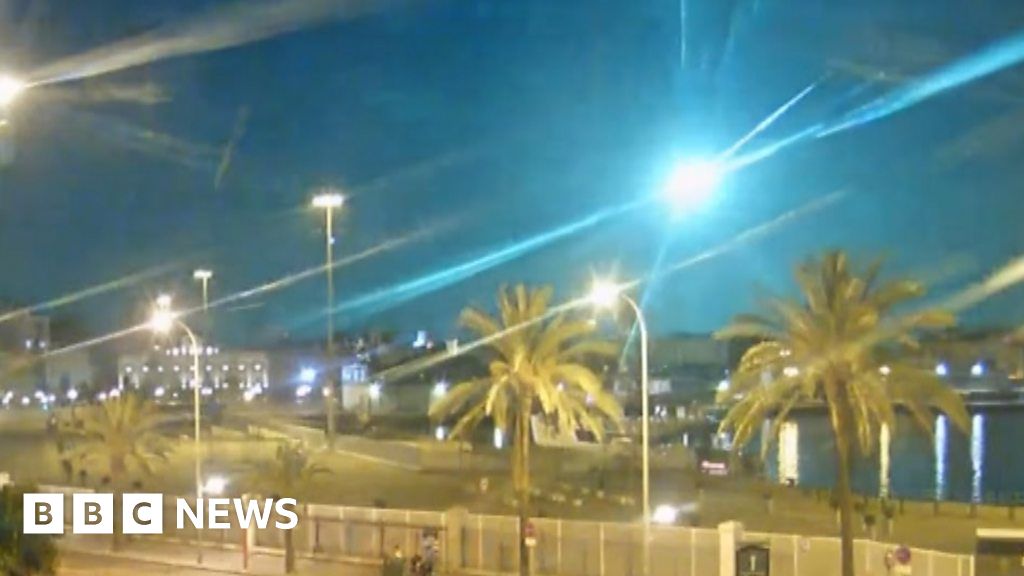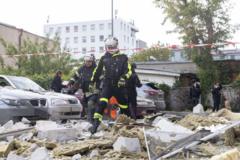Watch: Images show devastating impact of Brazil floods
By Vanessa Buschschlüter
BBC News
Heavy rains which caused widespread flooding in the southern Brazilian state of Rio Grande do Sul have left hundreds of towns under water.
At least 85 people died in the floods and about 150,000 have been displaced from their homes, officials said.
Some towns remain isolated and hopes of finding the more than 130 people who are still missing are dwindling.
Further heavy rains forecast for this week are expected to further exacerbate the situation in the region.
Many residents had to leave their homes, with some of the most vulnerable people evacuated by rescue workers.
Image source, Reuters
Image caption,Rescue workers have been evacuating the most vulnerable people
Image source, EPA
Image caption,Residents took their pets with them as they left the flooded areas
The Brazilian Airlines Association said on Tuesday that the airport in Porto Alegre would remain closed until at least the end of the month after the Guaíba river burst its banks and flooded the runway and key buildings.
Image source, Reuters
Image caption,With runways under water, getting aid to affected areas has been hard
The river reached a record high level of 5.3m (17.4ft), local officials said. The previous record was reached in 1941 and stood at 4.76m.
Image source, EPA
Image caption,Flights have been suspended for weeks to come
The airport is not the only large building which had to close in Porto Alegre, a city which is home to some 1.5 million people.
The pitch of the Arena do Gremio stadium is also covered in brown sludge.
Image source, EPA
Image caption,An aerial shot of the Arena do Gremio stadium shows the extent of the damage in Porto Alegre
Image source, EPA
Image caption,The city's public market was also surrounded by water
The situation in some of the areas surrounding the city of Porto Alegre is even worse. Canoas is one of those badly hit.
Image source, Reuters
Image caption,Canoas, on the outskirts of Porto Alegre, remains flooded
The extreme weather has been caused by a rare combination of hotter than average temperatures, high humidity and strong winds.
Climate expert Francisco Eliseu Aquino told AFP news agency that Rio Grande do Sul had always been a meeting point between tropical and polar air masses but said that "these interactions intensified with climate change".












 English (US) ·
English (US) ·  Turkish (TR) ·
Turkish (TR) ·